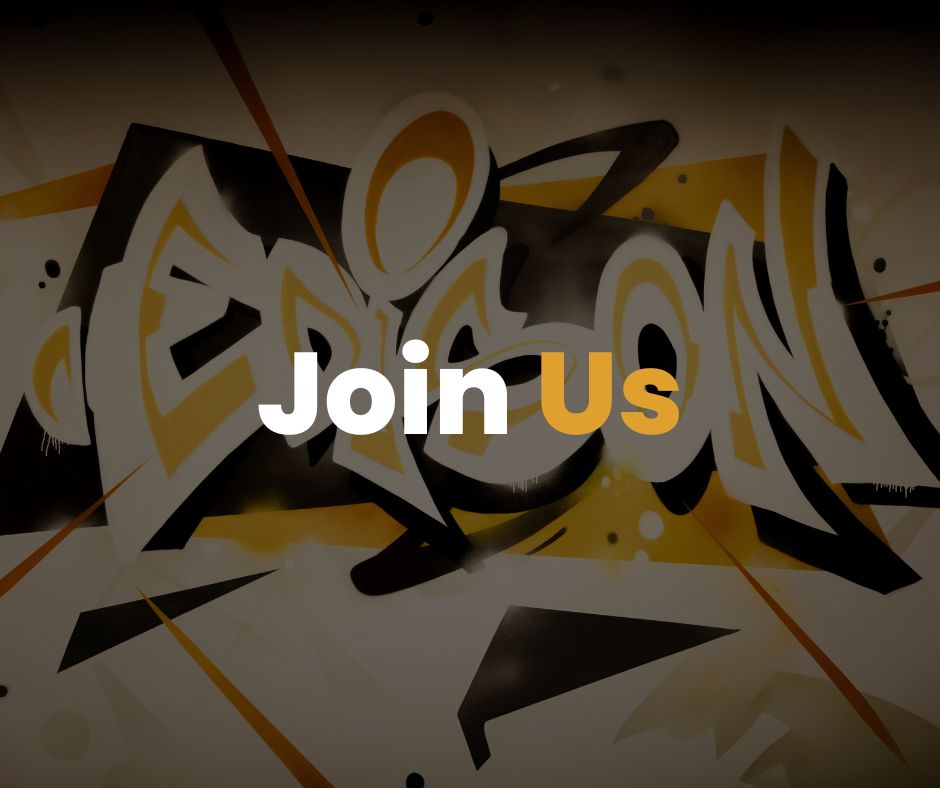IoT News is a practical resource providing news, analysis and opinion on the burgeoning Internet of Things ecosystem, from standardisation, to business use cases, and development opportunities. We take the best research and put our own spin on it, report from the frontline of the industry, as well as feature contributions from companies at the heart of this revolution.
Introduction
Cybersecurity is a general digital term that covers measures to defend and protect services and devices from electronic attacks. Technology has become a vital part of our lives, making cybersecurity a priority.
The world is more dependent on technology than ever before. With all the good the internet brings, there are potential threats behind most services and platforms.
These threats could come from scammers, hackers and other cybercriminals. They could include identity theft, international digital weapons etc.
In cybersecurity, hacking is the abuse of electronic devices (phones, computers etc.). The point of hacking is to damage or corrupt systems, steal data, gather information on users and so on.
It is no longer the usual bedroom pastime. Cybersecurity has progressed to a multibillion-dollar industry with advanced techniques and sophistication.
With the need for privacy and anonymity comes the relevance of understanding cybersecurity and all it encompasses. In this article, we will look at a selection of nonfiction books that handle these critical topics. Before you dive in, look at the book summaries for a quick overview. Beyond these recommendations, if you want to explore the intricacies of the digital world there are more technology books and books on cybersecurity to consider.
Book 1: “The Art of Invisibility” by Kevin Mitnick
Kevin David Mitnick is a world-renowned American computer security consultant. Arrested in 1995, he spent five years in prison for hacking and other computer-related crimes.
In his book, The Art of Invisibility, Kevin challenges the idea that invisibility is for superheroes. Privacy is a power you need and deserve in this new age of big data.
The book provides simple and inexpensive tools and tricks for protecting your privacy in the digital world.
Using true-life stories, Mitnick shows you what is happening without your knowledge and teaches you password protection, smart Wi-Fi usage and several advanced techniques.
The author shows you that you are not as privacy-protected as you think and shows you how you can be. This book is necessary for anyone who wants to learn simple and practical tips on staying anonymous yet secure on the internet.
Book 2: “Hacking: The Art of Exploitation, 2nd Edition” by Jon Erickson
Kevin David Mitnick is a world-renowned American computer security consultant. Arrested in 1995, he spent five years in prison for hacking and other computer-related crimes.
In his book, The Art of Invisibility, Kevin challenges the idea that invisibility is for superheroes. Privacy is a power you need and deserve in this new age of big data.
The book provides simple and inexpensive tools and tricks for protecting your privacy in the digital world.
Using true-life stories, Mitnick shows you what is happening without your knowledge and teaches you password protection, smart Wi-Fi usage and several advanced techniques.
The author shows you that you are not as privacy-protected as you think and shows you how you can be. This book is necessary for anyone who wants to learn simple and practical tips on staying anonymous yet secure on the internet.
Book 3: “Ghost in the Wires” by Kevin Mitnick
Ghost in the Wires by Kevin Mitnick is an insightful and educational autobiographical novel. In it, the world’s most elusive computer break-in artist tells his story.
He describes a man who forced the FBI to reconsider their pursuit of him and companies to rethink how they protect their data.
The 2011 memoir is a historical account of Kevin Mitnick’s life from his early childhood through his time in federal prison and beyond. One of the amazing parts of the book is the explanation of why Mitnick did not engage in his craft for financial benefit.
In it for the thrill of the chase and the satisfaction of finishing a difficult task, Mitnick’s Ghost in the Wires gives readers insights into the history and evolution of hacking and helps them understand the delicate balance between conscience and addiction.
Book 4: “Data and Goliath” by Bruce Schneier
Bruce Scheiner is the Chief of Security Architecture at Inrupt Inc., a company that aims to create an internet that puts users in control of their data. Scheiner is a fellow at Harvard’s Berkman Center for Internet and Society.
The author is a computer security professional, cryptographer and privacy specialist. He is also the best-selling author of 14 books in technology and security of which Data and Goliath is one. An amazing cybersecurity book.
In Data and Goliath, Bruce Scheiner explains how companies like cell phone providers, Google and Facebook, plus services like e-mails and text messaging are privy to the details of our lives.
They store our information and use surveillance to manipulate ads, online articles and even prices. The worst part is that they lose all that data and more to cybercriminals during data breaches.
Data and Goliath shows us another path, one that values both privacy and security. Scheiner teaches us how we might reform government surveillance programmes, protect our privacy and break free of a powerful digital surveillance system.
This book is great for readers who need to understand the effects of cybersecurity on societal and individual freedoms.
Book 5: “The Code Book” by Simon Singh
In Simon Singh’s The Code Book, the author takes you through a rich history of man’s hunger to understand and unravel codes and secret languages. As long as there has been communication, there have been secret communications.
The book contains everything from Egyptian puzzles to modern-day cyber encryption. It covers the evolution of ciphers and the people who created, used and broke them.
Singh covers notable figures like Charles Babbage and Mary Queen of Scots and explores the ethical implications of cryptography.
The Code Book is an interesting historical read that explains the tension between privacy and security. It is great for those interested in history, mathematics and cybersecurity.
Book 6: “Click Here to Kill Everybody” by Bruce Schneier
Click Here to Kill Everybody is another great book by well-known author Bruce Scheiner. It discusses the risks that come with the advancement of Internet of Things devices and suggests how to mitigate this societal threat.
In his book, Scheiner provides workable solutions and policy proposals that increase the security and resilience of our interconnected environment.
The author gives an overview of security risks associated with internet-connected devices and how bad actors might exploit them. As he explains, some of these risks already have solutions, but they may not yet be implemented.
Click Here to Kill Everybody is great for people who want to know the present and future challenges of cybersecurity.
Book 7: “Future Crimes” by Marc Goodman
In this book, Marc Goodman delves into the darkest parts of the internet, showing how technology can be our enemy. A provocative and thrilling book, Future Crimes empowers its readers to take back control of their devices.
It encourages the audience to take control of the tremendous power technology is gaining, before it’s too late. Chapters cover online threat education and awareness, and cybersecurity improvements, among others.
Future Crimes shows the danger of cybercrime and covers potential threats like AI, the dark web and big data. It is a great cybersecurity book for people who want to understand the future challenges of cybersecurity.
Book 8: “The Dark Net” by Jamie Bartlett
The Dark Net: Inside the Digital Underworld is a study of the digital darkside. It begins with the emergence of the internet and probes the conflicts it came with.
Jamie Bartlett uses this revealing book to expose people who operate in this underworld in a bid to remain anonymous. They include political extremists, pornographers, hackers and drug dealers, among others.
Barlett is a renowned author who examines how the digital world affects humans. He focuses especially on digital crime in the dark corners of the internet.
Reading The Dark Net opens your eyes to relatively unknown concepts like online anonymity and explains underground marketplaces and their implications for cybersecurity.
Conclusion
In the digital era you need to know about hacking, cybersecurity and privacy. Whether you are a novice trying to learn the basics of cybersecurity or an expert wanting to explore deeper, the right books will go a long way.
These cybersecurity-related books cover a range of interests from societal, historical and technical points of view. They give insight into a vast range of concepts and come from well-respected, expert authors in their field.


